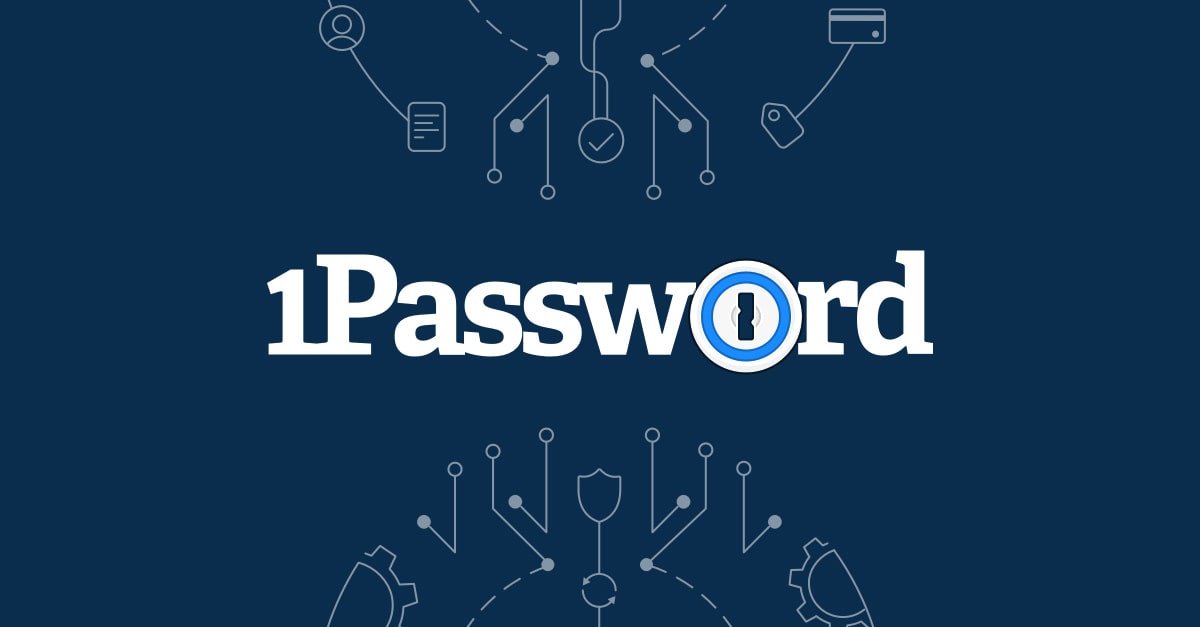1Password has informed their users that they can now generate, oversee, and log in to compatible websites using passkeys through the 1Password iOS and Android mobile applications, as well as its browser extensions compatible with “all major web browsers on Mac, Windows, and Linux.”
This update does not incorporate the feature to substitute your 1Password account’s master password with a passkey, despite the company’s earlier hints dating back to February. This enhancement is slated for release “later this autumn,” when the company plans to unveil its initial “end-to-end passkey experience” that will be accessible across all platforms and devices.
Passkeys are leveraging WebAuthn (Web Authentication) technology, the creation of a passkey resulting in the generation of two distinct keys: one that is retained by the website or service hosting your account, while the other being a private key safeguarded on the device you utilize for identity verification. This way, Passkeys have the capability to replacet conventional passwords by utilizing your device’s inherent authentication methods. This means you can effortlessly access services like Gmail or iCloud simply by activating Face ID on your iPhone, employing your Android phone’s fingerprint sensor, or using Windows Hello on a PC.
As passkeys function seamlessly across various devices, you may have a backup option readily accessible. Numerous services that embrace passkeys also offer the option to reauthenticate through your phone number, email address, or by using a hardware security key, if you have one.
Certain services, such as Gmail, currently do not provide the option to entirely eliminate the password from your account, as a precautionary measure. On the other hand, Apple and Google’s password vaults already offer support for passkeys, as do password management tools like 1Password and Dashlane. Notably, 1Password has established an online directory that catalogs services permitting users to sign in utilizing a passkey.
There are certain constraints to consider, such as the requirement that passkeys can only be established for websites and services that have already adopted the new sign-in technology. Nevertheless, this update represents a step towards more convenient access to passkeys, eliminating the need to rely solely on a laptop for authentication.
Passkeys are anticipated to replace traditional passwords as the future standard for login technology, although their widespread adoption will likely require some time. Several other password management services, like Dashlane, have also introduced or announced passkey support. However, 1Password asserts that its unique iteration, known as Universal Sign On, holds a competitive edge by providing support across multiple platforms and enabling cross-platform synchronization.





